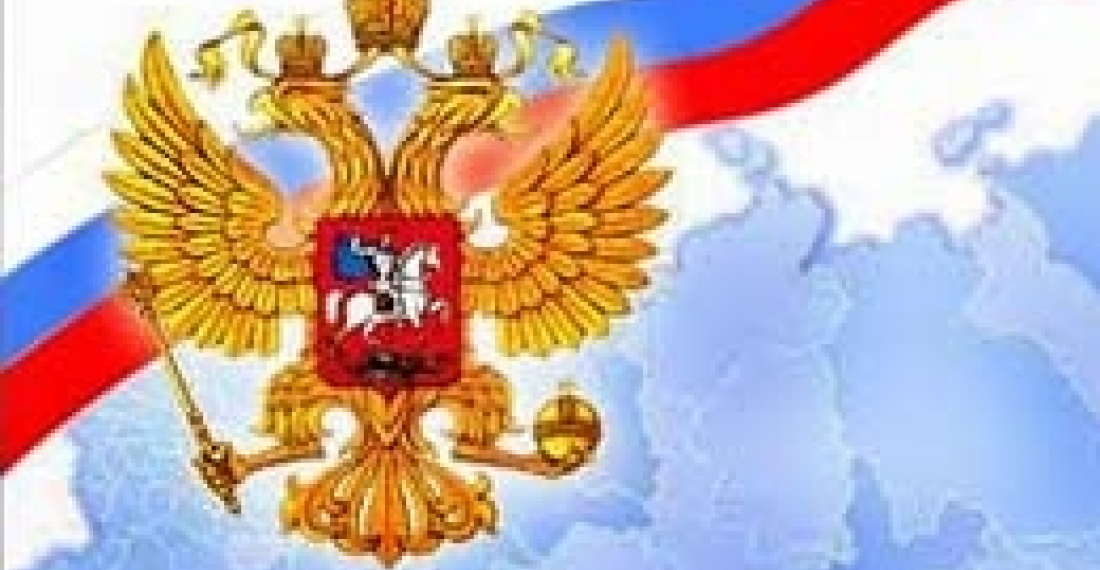Moscow will try to gain stoppage of military actions between Armenia and Azerbaijan in every possible way, political expert, fellow at the Institute for Political and Social Studies of the Black Sea and Caspian Region, Andrey Areshev, told ArmInfo.
"I think one cannot expect Moscow to repeat the 08.08.08 scenario in case the Karabakh conflict develops into a large-scale war between Armenia and Azerbaijan. I do not think any scenario may reoccur with 100% probability, however, I think it is possible to observe some features in common. Anyway, I suppose Moscow will try to gain stoppage of the military actions in every possible way", he said.
Areshev believes that the aggravation of the situation not only on the Karabakh-Azerbaijan border, but also in the northern section of the Armenian-Azerbaijani border can demonstrate that Azerbaijan considers all possible developments in case of war. In the meantime, when commenting on the possible reasons of aggravation of the situation in the northern section of the Armenian-Azeri border, the expert said that it is no secret that Armenia's positions in Tavush region are a bit more vulnerable because of the natural landscape and comparative closeness of the populated areas to the border.
"Probably, the matter concerns the moral and psychological pressure of Azerbaijan on the borderline Armenian settlements. Other versions have also been expressed, particularly, in the context of military construction and training of saboteurs in Azerbaijan. I have no doubt that the relevant services in Armenia will draw correct conclusions from the situation and will take all the necessary measures to reinforce the problematic borderline sections", he said.
Russian expert: Moscow will try to gain stoppage of military actions between Armenia and Azerbaijan in every possible way
Russian expert: Moscow will try to gain stoppage of military actions between Armenia and Azerbaijan in every possible way







